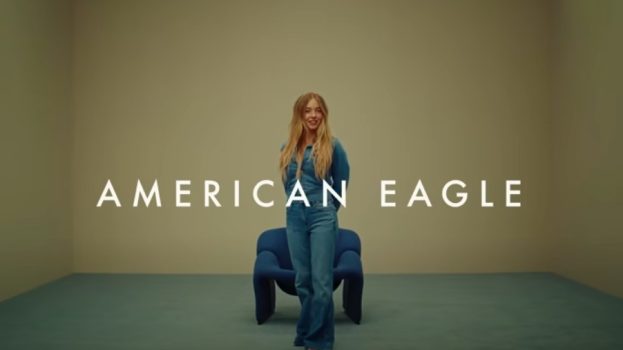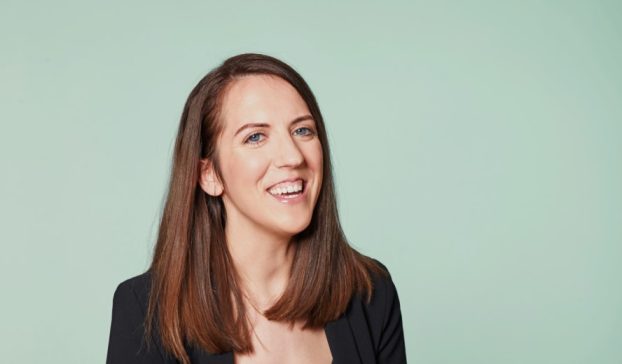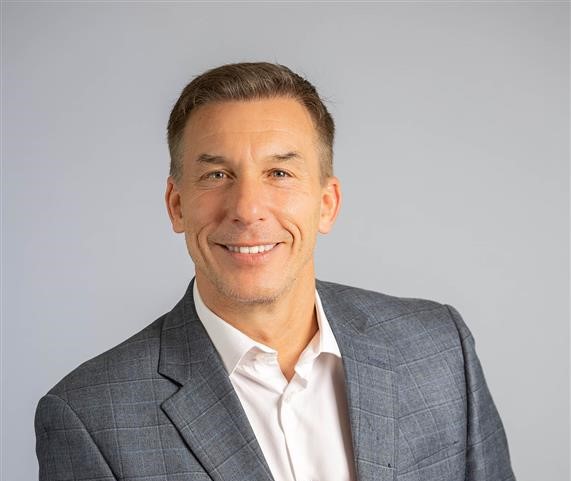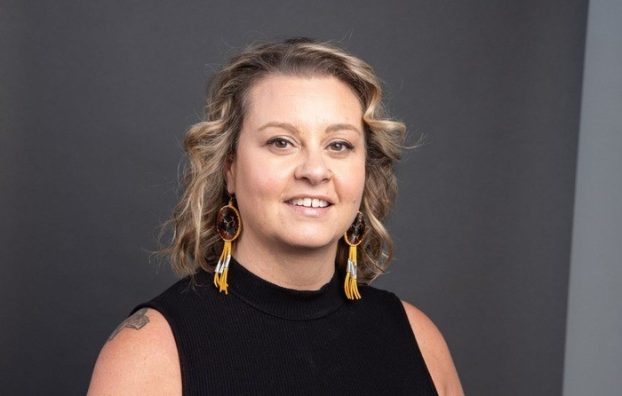There’s no doubt. A movement is in our midst. The quintessential proof came in late June when, in the hallowed halls of the New York Public Library, the world’s second richest man (Warren Buffett) announced he would donate 85% of his $44 billion fortune to the world’s richest man’s (Bill Gates) charitable organization, the largest in the world and aimed at improving world health.
In 2002, Tony Pigott, JWT Canada’s president/CEO, attending a UN summit on sustainable development in Johannesburg, witnessed a similarly monumental moment. The head of Greenpeace and his counterpart at the World Business Council for Sustainable Development, representing some of the world’s biggest corporations and who are said to have fought like ‘cats and dogs’ at the previous summit in Rio de Janeiro, literally joined hands and called a truce.
‘[They] said that it was time for us to bury the hatchet and work together,’ Pigott recalls. ‘That suggested to us that all sorts of possibilities were going to unfold in the way that these different sectors were going to operate as well as what corporations were going to be willing to do.’
He was right. More and more, charities are hooking up with brands, brands are courting charities, and some brands are even identifying and launching their own causes. There is no better proof than the ACT Responsible exhibition at Cannes, in June, showcasing over 400 social and environmental campaigns from around the world (For Pigott’s Picks, see below). Corporate consciousness is growing – even necessary – in today’s global and business community: The world needs it, consumers are demanding it and less altruistically, it does a brand good.
Pigott’s response was to develop a new division of the agency, Ethos, which began as a Toronto-based initiative over four years ago. A quiet, official launch is expected this month with a press release, website and thought piece, with forums to follow. Other JWT locations around the world will be able to tap into the resources and research of the T.O. practice, which is being positioned as the ‘centre of excellence’ for JWT globally. The agency has also entered into a memo of understanding with UNESCO, to help with its sustainable development communications goals, and is also discussing the idea of creating a portal for social marketing allowing governments, not-for-profits and companies to access guidelines and best practices.
Ethos’ goal, says Pamela Divinsky, VP, is to respond to the growing demand of corporations actually inquiring about how to give back. ‘Corporations [were] coming to us and saying…’We don’t know if [the effort is] magnifying our brand, building our business or whether we’re just throwing money out the window.’ Talk to us about how we do it smarter, faster, better and more strategically.’
Add to that, says Divinsky, who was previously a professor of history at Queen’s University, the social effect of recent natural disasters and the fall-out of corporate greed: Consumers are looking for ‘sources of meaning and trust,’ she says. ‘I know that sounds a bit pretentious and grandiose [but] people are looking for something a bit deeper.’
And they’re turning to the brands they support – or are demanding it of those they might in the future. ‘People have said [to corporations] that the footprint that you make on the world is bigger than just your office tower or your manufacturing plant,’ she says.
The studies prove it. ‘Let Them Eat Cake,’ a WWF study released in May, revealed that the majority of consumers now prefer brands that are environmentally and socially responsible. As well, a recent Energy BBDO study offered this finding to reach the younger set: ‘Demonstrate that your brand believes passionately in something important – a cause, a philosophy or a mantra,’ it said. ‘Brands that have a difference-making purpose in the world are more likely to have a lasting place in their lives.’
L’Oréal, using the innocuous hair salon (the inspiration for our cover), is emerging as a forerunner in this approach. Started in South Africa by its Professional Products division, which targets salons and stylists, Hairdressers of the World Against AIDS is an effort to educate women in developing countries about the virus. Last year, UNESCO joined the effort which has recently been expanded to Brazil, India and France (with the Baltic countries and the U.K. next on the list). The program offers training days to hairdressers about HIV/AIDS, who then impart this knowledge to their clients. Women make up 50% of the 37 million people infected by the virus and L’Oréal’s Professional Products division is aiming to educate about 500 million people through outreach via its 115 technical training centres in more than 50 countries with about 400,000 partner salons and about two million hair care professionals.
‘It’s brilliant,’ says Divinsky who, along with Pigott, earmarked the program when pulling together research for Ethos.
‘[It’s as if they said] ‘Let’s distribute it through a mechanism that’s totally aligned with our business, and is, on the other hand, having a hugely important social impact. So the two are wedded.’
Pigott thinks Dove is another winner.
Unilever’s ‘Campaign for Real Beauty’ spawned the Dove Self-Esteem Fund and a partnership with the National Eating Disorder Information Centre. ‘A social strategy needs to be completely aligned, almost synonymous with the business strategy. It has to be consistent with the company’s DNA and has to emerge from the DNA. If it does, then you’re going to find something that genuinely resonates with the company itself. I think Dove is a good example of that,’ he says.
For the connection to transfer the do-gooder glow to the company itself, it’s clear that sincerity is key. ‘It’s taking a meaningful stance on something, doing something about it, and then communicating it,’ says Pigott. ‘People can separate tokenism from something real.’
‘[It] needs to come from a genuine place…otherwise it feels like an advertising campaign,’ adds Sharon MacLeod, marketing manager of Dove, speaking about what this current iteration of giving takes to work. And all these feel-good efforts don’t equal a disconnect from the bottom line. General Electric chairman/CEO Jeffrey Immelt, who is behind the company’s very ambitious Ecomagination effort (for more see page 47) is out to prove this, and has promised: ‘We will solve tough global problems and make money doing it.’























